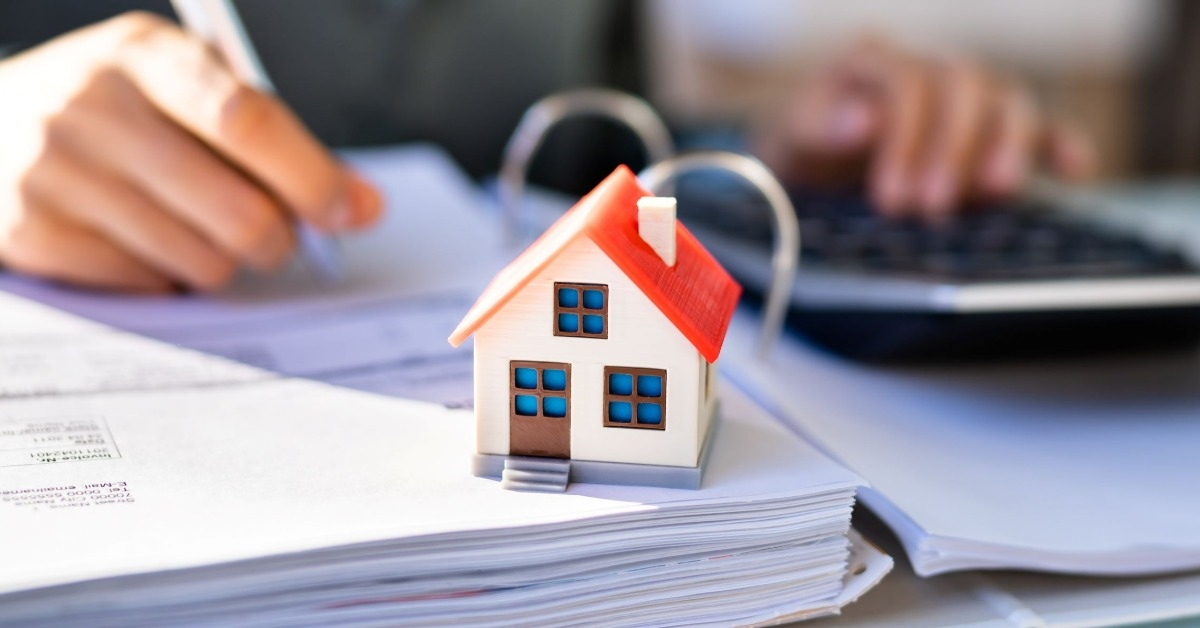Lower Your Property Tax Bill – A New Year’s Resolution You Can Keep
For many, the beginning of a brand new year is a time to make a few kinds of exchange of their lives and grow to be greater like their perfect selves. For others, January alerts the time to make a specific kind of alternate, which is much easier to make: trimming their belongings tax invoice. The tax enchantment manner in New Jersey entails several steps. Using a skilled belongings tax attorney to lead you through the way will make that New Year’s resolution plenty easier to preserve.
Since tax attraction season in New Jersey is towards the beginning of the year, decreasing your property taxes is a perfect New Year’s resolution. Toward the end of January of every 12 months, every New Jersey belongings proprietor is supposed to get hold of their annual evaluation. That’s the little green card from the tax assessor’s workplace. Since all properties inside a selected municipality in New Jersey are taxed at an identical price, the evaluation differentiates one property proprietor’s tax bill from others. It is the real measure of whether or not a property is being taxed pretty or not. The duration wherein you can commonly attract an evaluation in New Jersey is from when the assessment is acquired till April 1 (May 1 if there has been a reassessment or revaluation).

The first step to knowing whether or not you are being taxed too much is knowing how your private home is being valued. In New Jersey, your assessment is the price at which your house becomes appraised at the time of the final revaluation. Every year, every municipality in New Jersey is assigned an “equalization ratio” that is supposed to reflect the present-day cost of the properties in a specific city regarding their price in yr of the valuation. Though the amount at which the town values your home adjustments from year to year, your evaluation commonly remains the same.
You can find your municipality’s equalization ratio by calling your city’s tax assessor or the county tax board. It also can be discovered at the New Jersey Division of Taxation internet site. The “average ratio” is the percentage of “authentic value” that your evaluation is deemed to be. In different phrases, divide your assessment via the equalization ratio to attain the actual valuation of your own home. This is the range your assessor is, without a doubt, using to compute your private home tax, not your assessment.
For many humans, the selection of whether or not they must enchant their assessment is an easy one after they recognize the real valuation of their property; for others, especially people who have owned a property for a long time and have no longer been thinking about buying or promoting, the question of whether or not to attract an evaluation is less clean.
Here are several policies of thumb to consider in identifying whether or not to appeal your assessment: As your evaluation gets older and your equalization ratio receives lower, it’s more likely that your evaluation has fallen out of line with your home’s real value. Conversely, when an equalization ratio rises above one hundred, property values have failed (as in recent years), meaning that common residences are overassessed in those municipalities. The belongings owner still bears the weight of proving that their specific belongings are overassessed, but an average ratio of over a hundred is a superb indicator of overassessment.
When you stay in a development or community where residences are very comparable and prices have dropped significantly, your man or woman property fee is likely reduced. Your evaluation and equalization ratio won’t have stored tempo. Whenever a property has specific characteristics that make it one of a kind from those close by, there is usually a case to be made for lowering the evaluation. For example, a completely large old domestic in a neighborhood of smaller, more recent houses will often be assessed as a bigger domestic with the characteristics of the surrounding regions. In truth, such homes tend to be erharder to promote and frequently warrant decreased checks.
The next step for people is to decide whether they want to work with a lawyer on this system. While businesses and different criminal entities need to be represented with the aid of a legal professional beneath New Jersey law, an individual homeowner may additionally represent him or herself. Nevertheless, there are excellent reasons to take into account keeping one:
Many legal professionals work on a contingency foundation because there are nofelony prices until your taxes are reduced. The belongings owner pays surely fixed out-of-pocket charges; however, the legal professional receives a percent of the tax financial savings if, and simplest if, the attraction is successful. An attorney working on a contingency basis should provide a free session and do their own impartial research to decide whether an enchantment will likely succeed. If a lawyer does not return calls and takes the time to tell you why they accept as true that your evaluation has to be reduced, it’s miles a signal to appear elsewhere.











